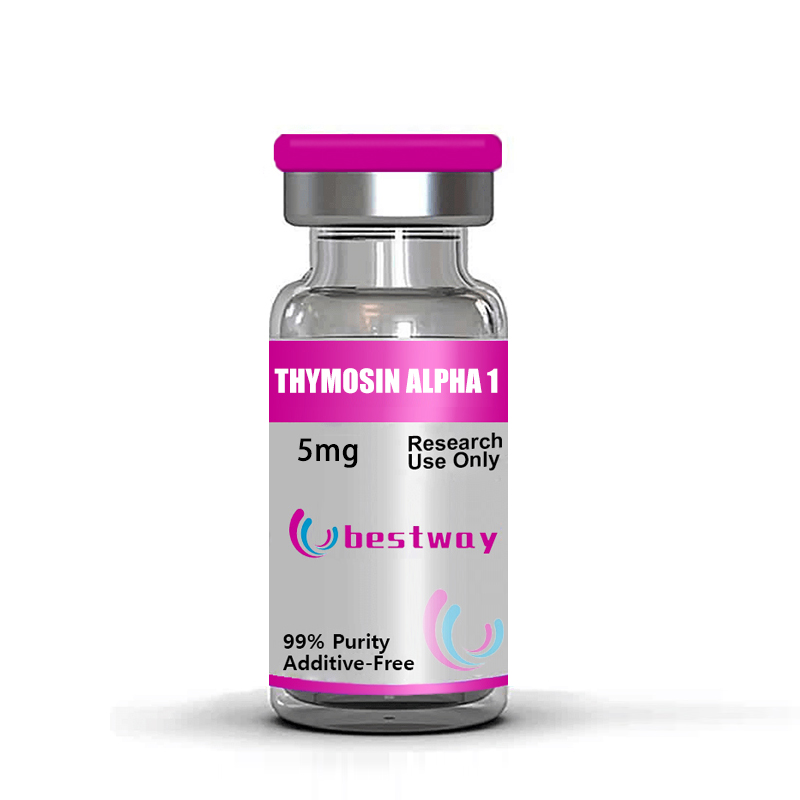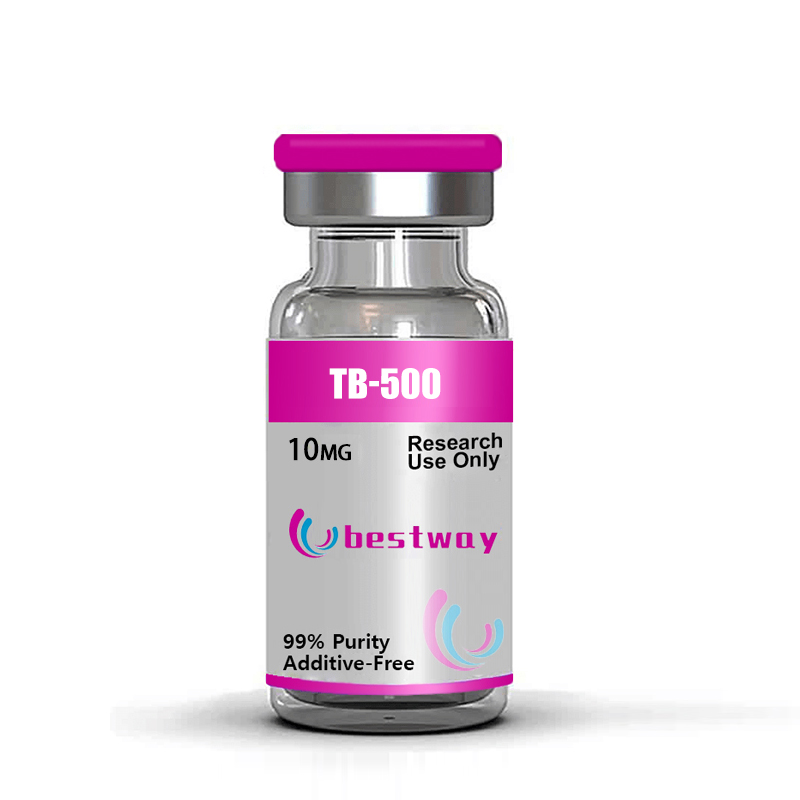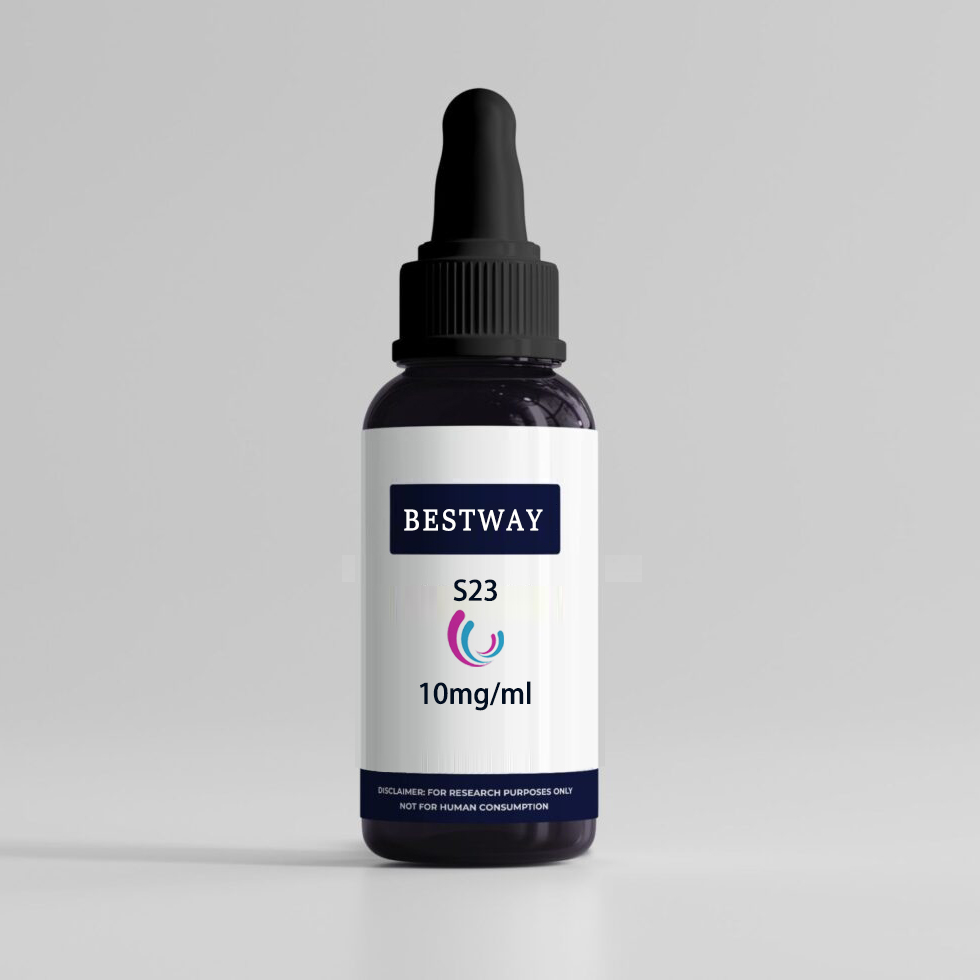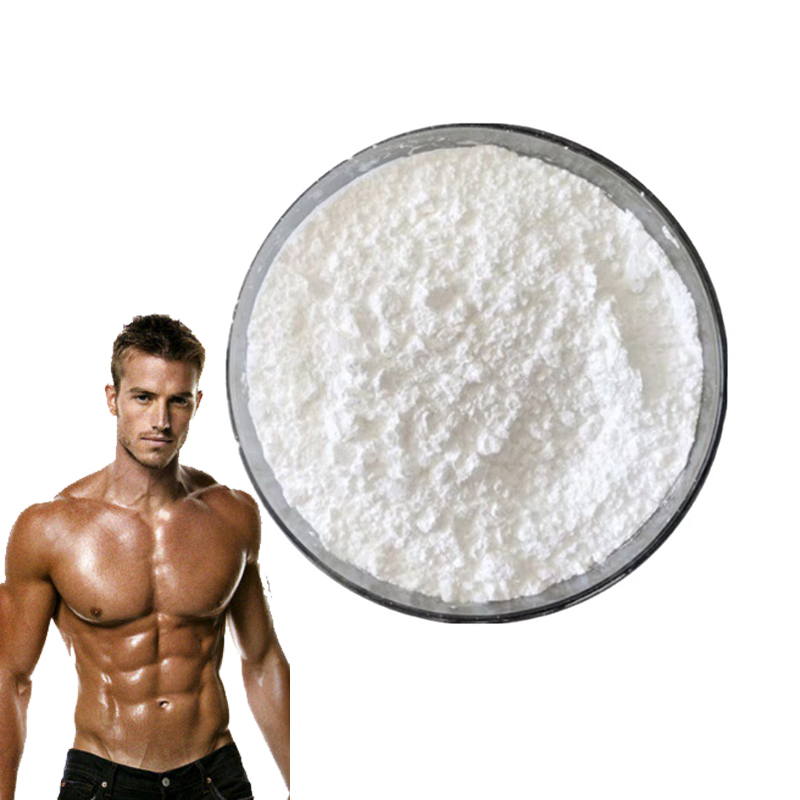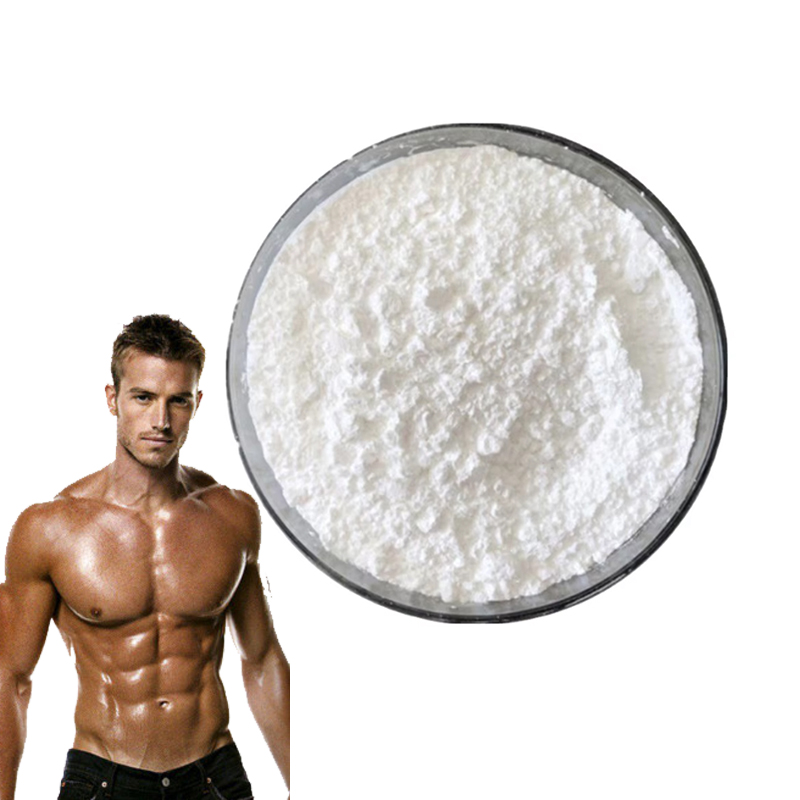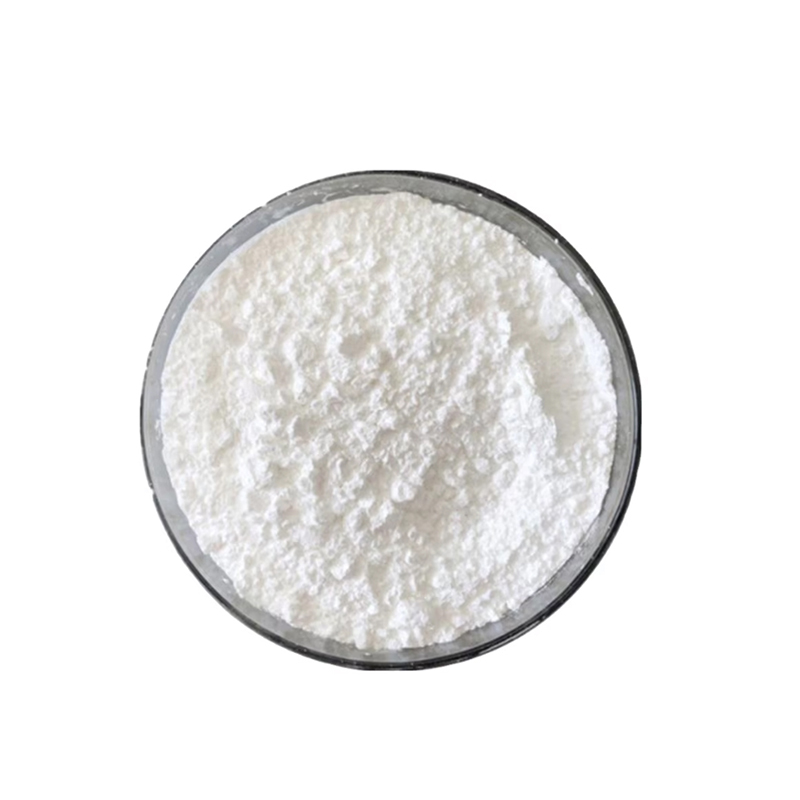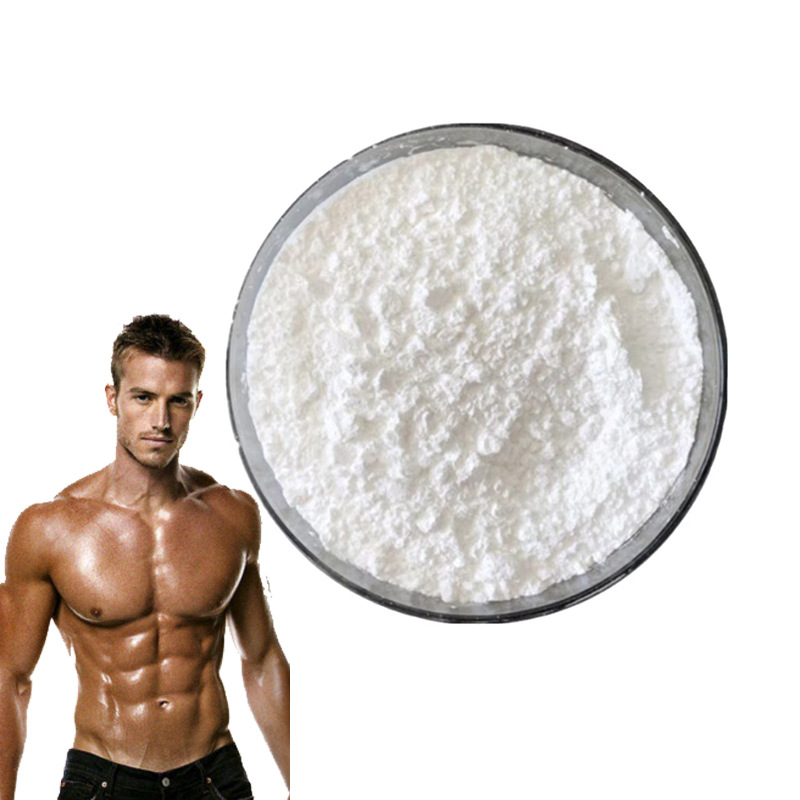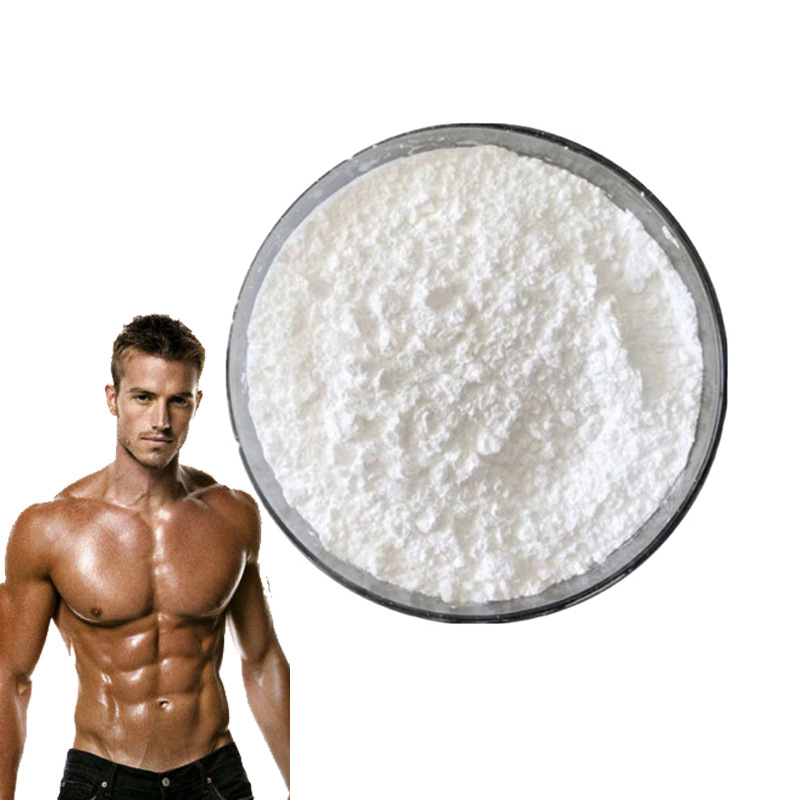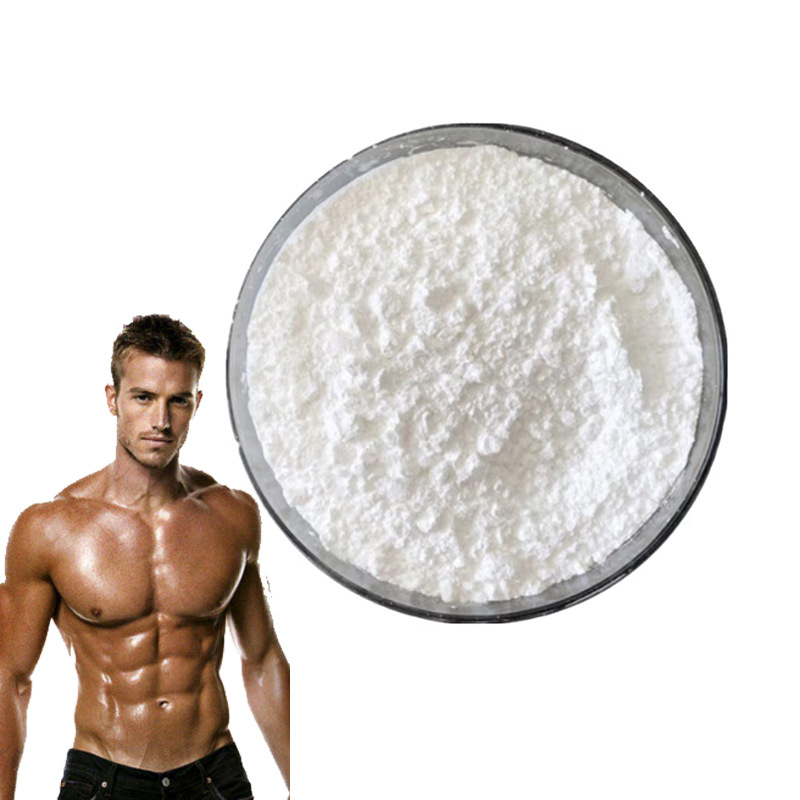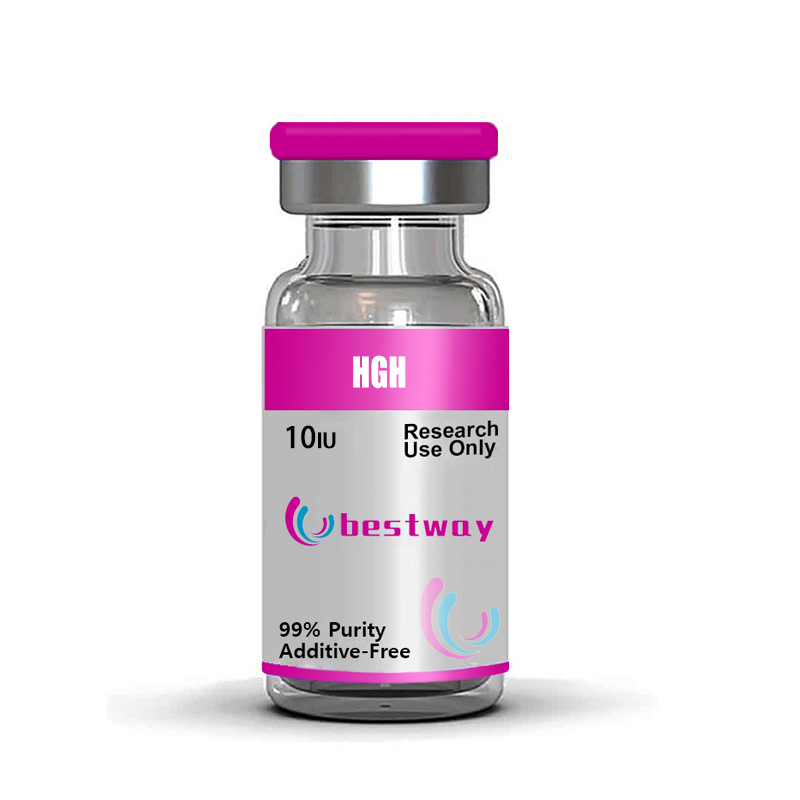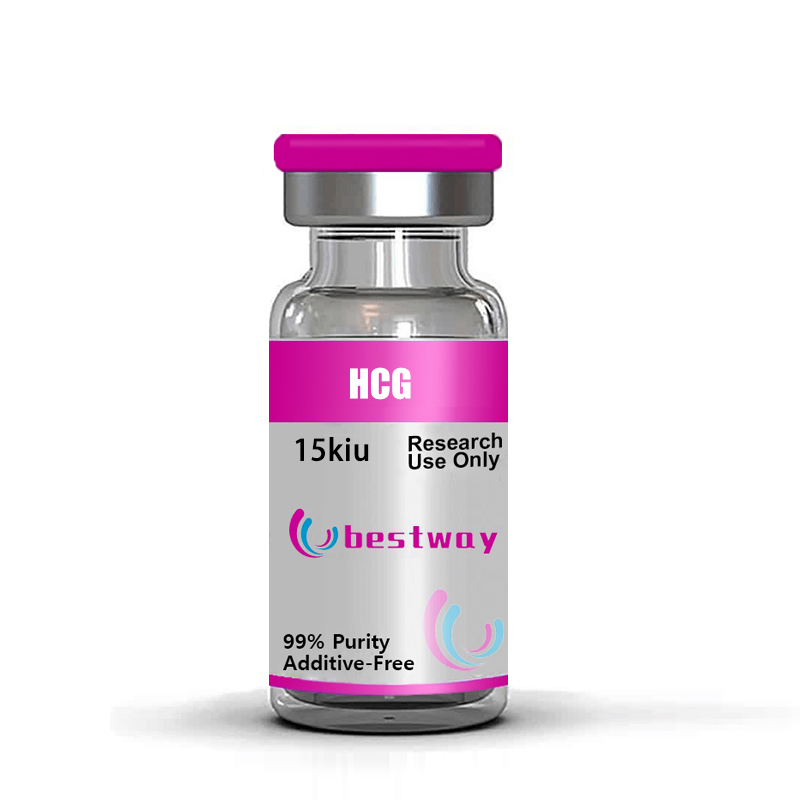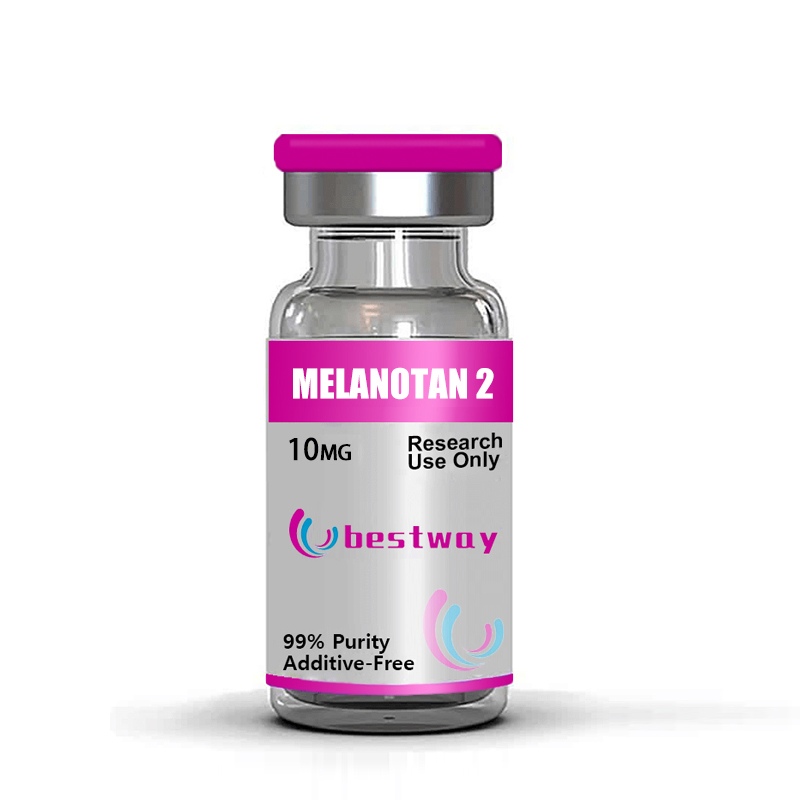What is Thymosin Alpha 1?
Thymosin Alpha 1, also known as TA1, is a 28 amino acid peptide. It is naturally produced and isolated from the human thymus, a small gland that makes and trains immune cells (T-cells). The T-cells help your immune system fight disease and infection.Thymosin Alpha 1 was first isolated from the calf thymus in 1977. Since then, two additional methods have been developed to extract this peptide from its source. These include solid-state synthesis (the popular method) and genetic engineering processes.
Like the source (thymus) from which it is isolated, TA1 possesses the ability to enhance, restore and modify your immune response. It has also shown promise in various clinical applications, including viral, fungal, and bacterial infectious diseases and cancer.
Recent research has indicated that TA1 might be used for the treatment of severe sepsis. The peptide has also been reported to prevent invasive infections in bone-marrow transplanted patients. In clinical studies, it has displayed promise as a vaccine adjuvant.
How does Thymosin Alpha 1 Work?
Thymosin Alpha 1 has a dual mechanism of action: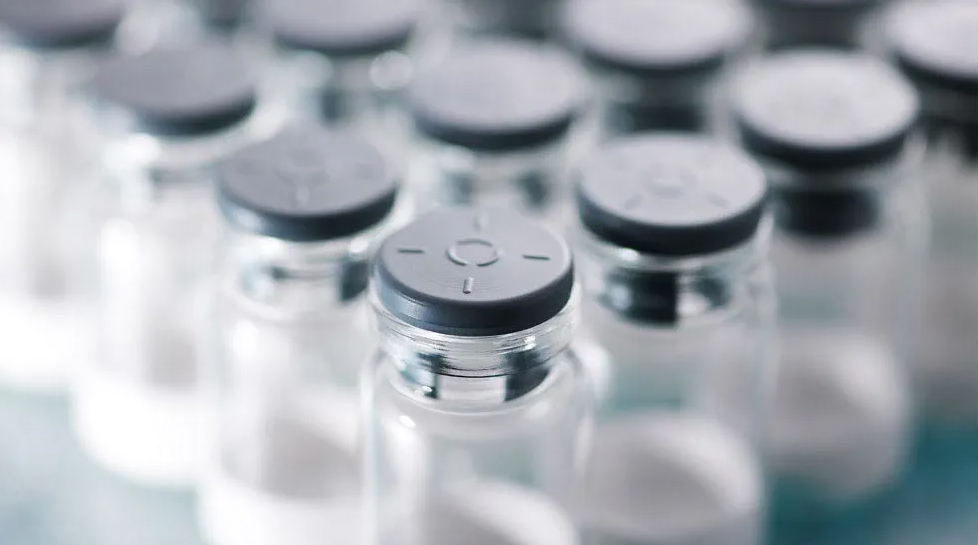
Immune Modulating Effect】
Thymosin Alpha 1 exerts its immune-modulating activity by interacting with Toll-like receptors (TLR), a group of proteins that regulate innate immunity. Specifically, TA1 interacts with TLR9 and TLR2 on dendritic cells and other immune system cells to modulate immune function.Direct Acting Effect
TA1 also increases the expression of antigens (MHC Class 1, MHC Class 2, and B-2 microglobulin) to help the immune system recognize virally infected cells. Aside from that, the peptide reportedly inhibits the in-vitro growth of virally infected and cancer cells.Thymosin Alpha 1 Research:
Thymosin Alpha 1 has shown efficacy in the treatment of several diseases in which the immune system malfunctions or is compromised. In this section, we’re going to highlight studies in which the effects of this naturally occurring peptide fragment on these and other diseases were investigated.Thymosin Alpha 1 and Cystic Fibrosis
Cystic fibrosis is a disorder that damages your lungs, digestive tract, and other organs. There’s currently no cure for this disease. In a preclinical study, TA1 displayed the ability to rectify the multiple tissue defects in mice with this condition as well as in cells from human subjects.TA1 displayed two properties that favorably opposed CF symptoms: it reduced inflammation and increased the activity, stability, and maturation of genes whose degradation causes cystic fibrosis. Thus, TA1 has a strong potential to be a therapeutic agent for this condition.
Thymosin Alpha 1 and Sepsis
To investigate the effects of TA1 on sepsis, a systematic review of 6 clinical trials was conducted. Results show that TA1 increased the survival rate of septic patients. In addition, the peptide decreased the patient’s mean time of ICU stay as well as mechanical ventilation time.According to this meta-analysis, TA1 increased the short-term survival rate of septic patients, alleviated the illness severity, and reduced the ICU stay and mechanical ventilation time. The authors claimed that these beneficial effects might be due to the immunomodulatory effects of TA1.
Thymosin Alpha 1 and HIV
A pilot study was conducted to determine the safety and efficacy of TA1 in patients taking a highly active antiretroviral therapy (HAART). Results from the trial show that TA1 was well-tolerated. It caused no adverse effects in the patients and enhanced immune reconstitution.In another study, the combined therapy of TA1 and two other drugs decreased the HIV-1 RNA load in HIV patients. In addition, the three drugs increased the number and function of CD4+ T cells, which is significant as HIV causes the progressive loss of these cells.
Thymosin Alpha 1 and Hepatitis B
Various clinical trials have been conducted to evaluate the safety and efficacy of TA1 in the treatment of chronic hepatitis B (CHB) patients. In one of these trials, TA1 monotherapy (1.6 mg twice a week for 6 months) resulted in disease remission rates ranging from 26 to 41%.A meta-analysis of 5 trials showed that TA1 effectively suppresses viral replication in chronic hepatitis B patients, but the effects arrive 12 months after the cessation of treatment. Aside from that, in various studies, TA-1 increased the effectiveness of standard CHB treatments.
Thymosin Alpha 1 and Hepatitis C
In a randomized clinical trial involving 109 hepatitis C patients, the combined TA1 and Interferon (IFN) therapy reduced the viral RNA load in 37.1% of patients. The TA1+IFN group also experienced biochemical, histological, and virological improvements at the study’s conclusion.A subsequent meta-analysis seemed to confirm these results. It found that the combined therapy (TA1 and IFN) produced treatment response in 44.7% of patients, compared to 22% in the IFN group. These studies indicate that TA1 is effective in hepatitis C when used as a combined therapy.
Thymosin Alpha 1 and Breast Cancer
In a cell-based study, this immune system modulator suppressed the proliferation and induced apoptosis in breast cancer cells. The compound reportedly did that by enhancing the activity of PTEN, a tumor suppressor gene that is frequently mutated in a variety of human cancers.Per a cell-based study, a modified TA1 inhibited the growth of breast cancer, both in vitro and in vivo. The drug also suppressed the proliferation of breast cancer cells, induced cell apoptosis (cell death), and enhanced the targeted anti-cancer effect vis-Ã -vis unmodified TA1.
Thymosin Alpha 1 and Lung Cancer
Two clinical trials on TA1 in lung cancer patients have shown that TA1 treatment is associated with significant improvements in immune parameters. It was also associated with prolonged relapse-free time and overall survival, especially for patients with non-bulky tumors.A phase II clinical study showed that the combination of TA1, IFN, cisplatin (DDP), and etoposide (VP-16) induced the death of human lung cancer cells. The combined therapy was found to be effective in advanced non-small-cell lung cancer with acceptable toxicity.
Thymosin Alpha 1 and Respiratory Disorders
A clinical study investigated the preventive effects of TA1 on patients with chronic obstructive pulmonary disease. Results from the trial show that the peptide offers good protection against the acute exacerbation of this condition by increasing the body’s cellular immune activity.A 202 study conducted in China reported that TA1 treatment improved the non-recovery rate in COVID-19 patients. Specifically, TA1 use in COVID-19 patients reduced in-hospital mortality, intubation rate, and length of ICU stay compared to the non-TA1 patient’s group.
Frequently Asked Questions
What is the half-life of Thymosin Alpha 1?Thymosin Alpha 1 has a serum half-life of approximately 2 hours.


